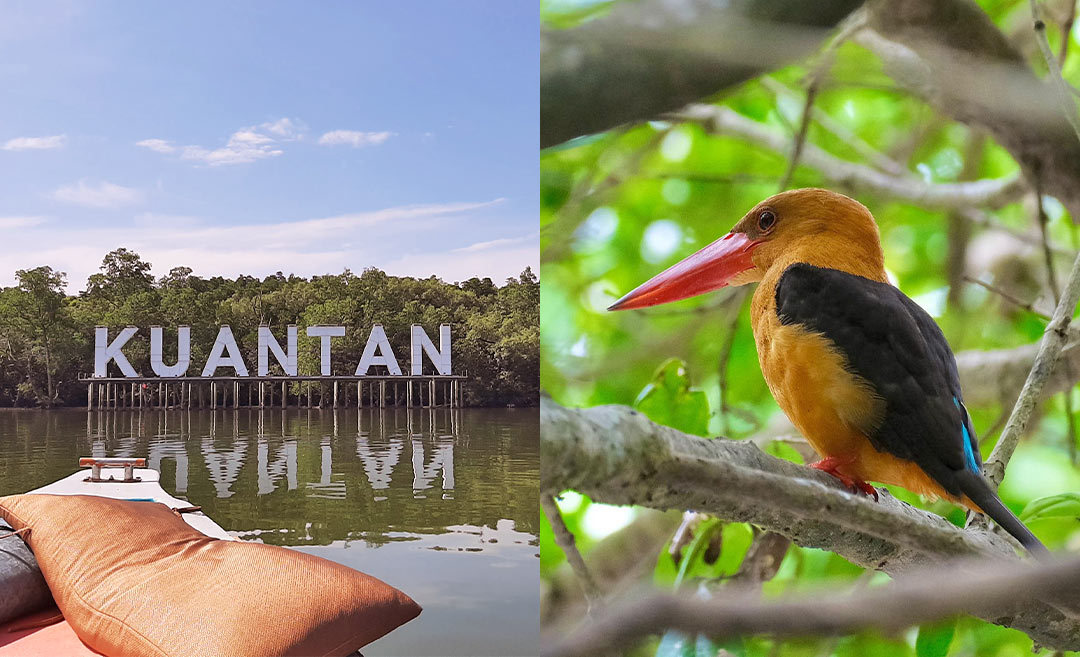Spending time outdoors, particularly in raw nature, allows you to admire the local wildlife and take in all the beauty and wonder Mother Nature offers. As beautiful as it may be, nature is wild and demands respect and caution when venturing into it.
If you’re the type who likes to be outside, we’ve put together a simple list of things you can do to stay safe while roaming wildlife territory.
Disclaimer: The information provided in this article is not intended to be a substitute for professional medical advice, but a basic guide, and should not be relied on as health advice. Seek the guidance of your doctor or other qualified health professionals for a diagnosis in the event of a medical emergency.
Pack a travel first aid kit
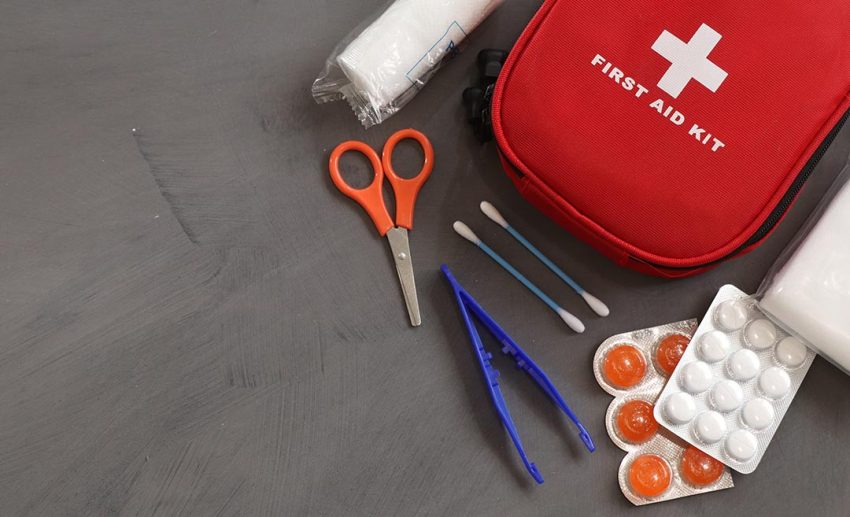
If you plan to spend some time out in the wild, it’s a good idea to pack a Travel First Aid Kit containing some basic needs like this one. Additionally, you can include a mosquito repellent spray or citronella and lemongrass oils, commonly used as a natural insect repellent.
Bring an After-Bite Cream to subside any inflammations and irritation caused by mosquito and sandfly bites. Other first aid additions can include hydrocortisone cream and an antiseptic solution, which are available at most local pharmacies.
Preventing bites and stings
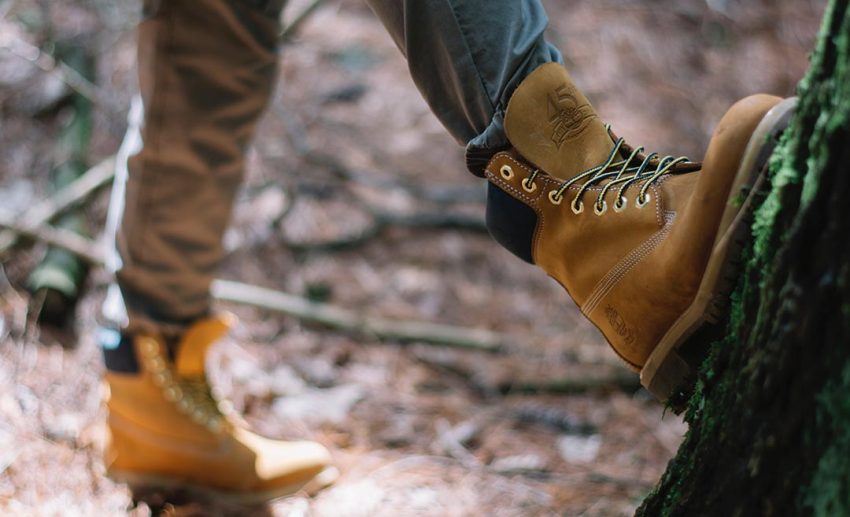
- Be aware of your environment
When deciding to explore the outdoors, take some time to do a quick Google search to know what to expect. While on a trek or swim, look out for wildlife caution signs. Stay on the trail and avoid venturing into unknown paths without a proper guide. - Wear protective clothing and proper footwear
The best way to prevent bites is by covering up. Long sleeves, high socks, and boots may keep you from getting a nasty sting. - No poking, raking, or meddling
Most creatures are often hidden under leaves, stumps, and dirt piles. Do not rake through leaves or poke at nests and burrows. Avoid touching alien plants or creatures, including dead animals, which could still be carrying poisonous venom.
Basic treatment for bites and stings
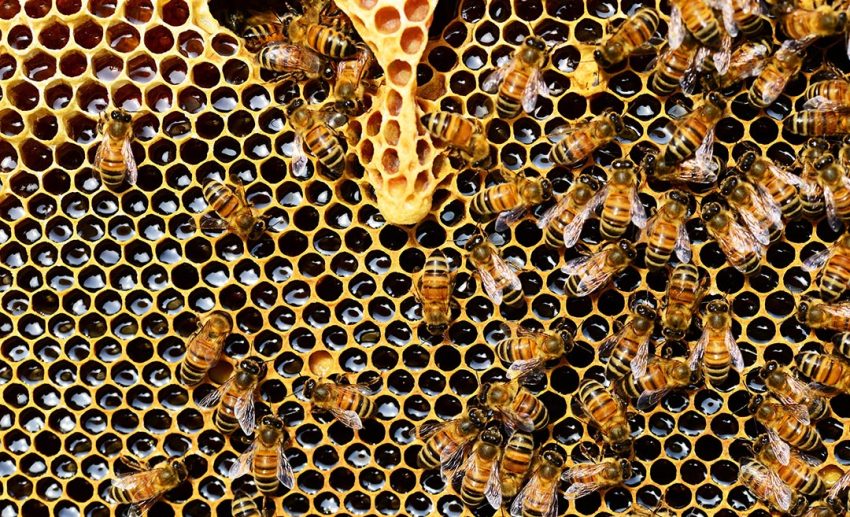
Bees, wasps, and hornets
Bees tend to sting once, while wasps and hornets may repeatedly sting, causing severe pain and swelling. Move away from the stinging sight and remove the stinger with a pair of tweezers.
Clean the area of the sting before applying hydrocortisone cream to ease itching. To avoid the wound getting infected, do not scratch it. Seek medical attention if symptoms worsen.
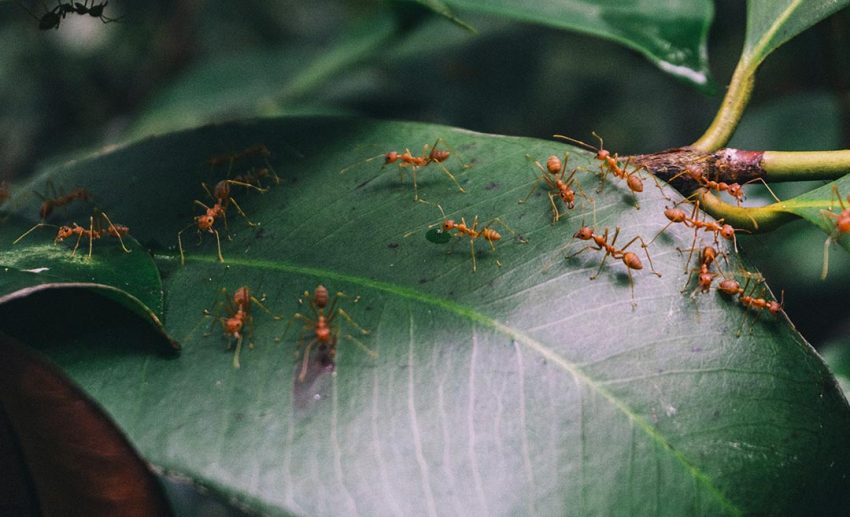
Spiders, centipedes, and fire ants
Most Malaysian house spiders are harmless. However, some in the wild can inflict harm. Similarly, centipedes tend to be harmless, but a venomous centipede bite can be painful.
Fire ants live in dirt mounds on the ground, so avoid stepping on a dome-like mound if you see it on your path. Don’t provoke an attack. Fire ant bites cause intense pain, burning, and itching, and may take days to heal, while non-venomous spider bites cause redness, itching, and swelling.
In the event of a bite, wash the area clean before applying antiseptic cream. Ease the swelling with a cool compress for 10 to 15 minutes and apply hydrocortisone cream to relieve itching.
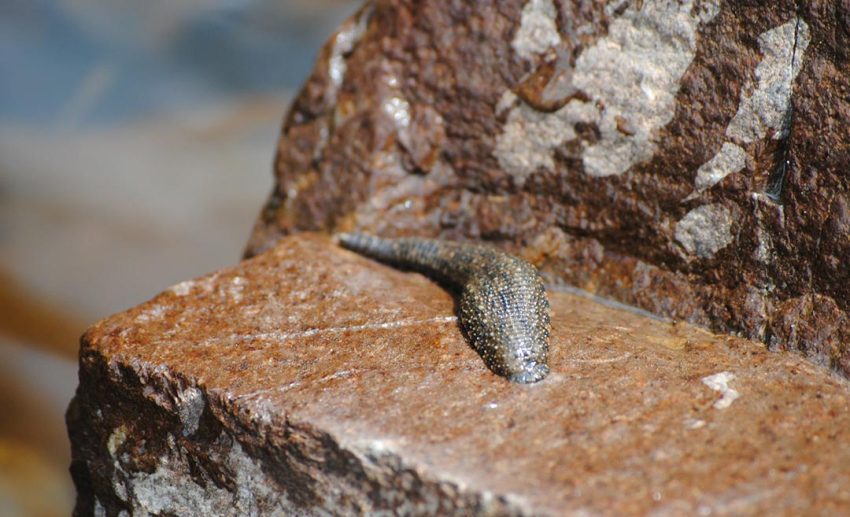
Leeches
Often found in damp, wet, and muddy places, leeches are one of the more common critters you’ll find when adventuring outdoors. While high socks do not guarantee them not latching on to you, it does make it more difficult for them to find their way to your skin.
A leech bite is often painless, but does cause bleeding, irritation, bruising, or redness. If bitten, gently remove the leech using your fingernails, separating its mouth from your skin. Once removed, flush the wound and keep pressure on the skin to stop the bleeding. Wipe the wound clean before bandaging it.
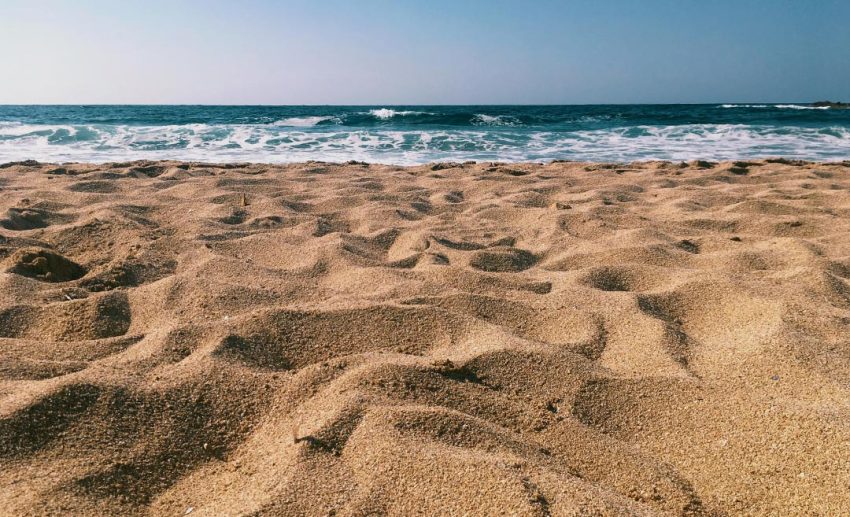
Sandflies
A sandfly bite may not be fatal, but if bitten repeatedly, it can cause redness, swelling, and debilitating irritation all over the body, which show up later and last for several days. They are most active at dawn and dusk, so avoid setting up camp on the sand if you tend to get bitten a lot. The best way to avoid getting bitten is by covering up or getting in the water.
But if you do spend time on the beach, lather down coconut oil on top of your SPF to keep sandflies from biting you. An After-Bite Cream does wonders in helping manage itchiness. Apply and reapply as needed until the swelling and bite marks have fully subsided.

Jellyfish and sea urchins
Stings from marine animals can be harder to avoid if you’re unfamiliar with the waters you are swimming in. Jellyfish congregate in certain areas in seasons, so it’s best to hire a local to take you diving and snorkelling safely. The age-old remedy of peeing on jellyfish stings is not effective and may cause further irritation.
If you get stung by a jellyfish, rinse off the sting with vinegar. Do not rub the sting with a towel, but remove any remaining tentacles with a pair of tweezers without touching them with your hands. Seek immediate medical attention.
Sea urchins are more widely distributed in Malaysian waters and are relatively easy to spot on a casual snorkelling trip. They’re typically harmless and do not bother people, but a sting can be painful.
If you’re accidentally stung by one, soak the area in vinegar or hot water for 30 to 90 minutes to help dissolve the spines, then pluck out the spines with a tweezer before cleaning the wound. If you cannot remove the spines yourself, get a doctor to remove them surgically.
Recognise symptoms of severe bites and stings
While mild cases can be treated with simple remedies, seek immediate medical attention if you show symptoms including nausea, vomiting, difficulty breathing, chest tightness, high temperature, or excessive bleeding. Medical assistance is also necessary if you are uncertain whether you’re having an allergic reaction to a bite or sting.
Keep emergency contacts at hand
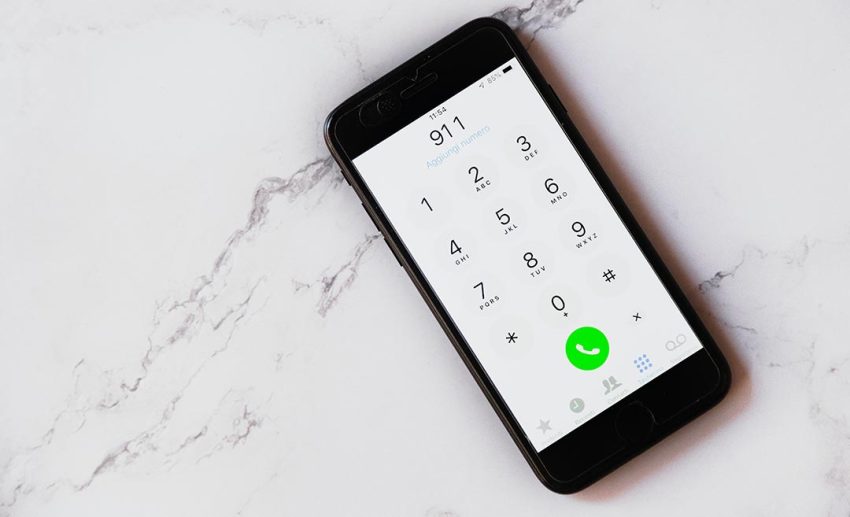
In the event of an emergency, contact Malaysian Emergency Response Service (MERS) and provide your type of emergency, location of the incident, and contact number to verify the legitimacy of the call to the professional emergency officer (PEO) in charge and they will redirect your call to the relevant emergency agency.
Malaysian Emergency Response Service (MERS)
999 or 112 (for mobile phones)
Look up and save the Emergency Medical Specialist contacts at the nearest hospital available before your journey.


